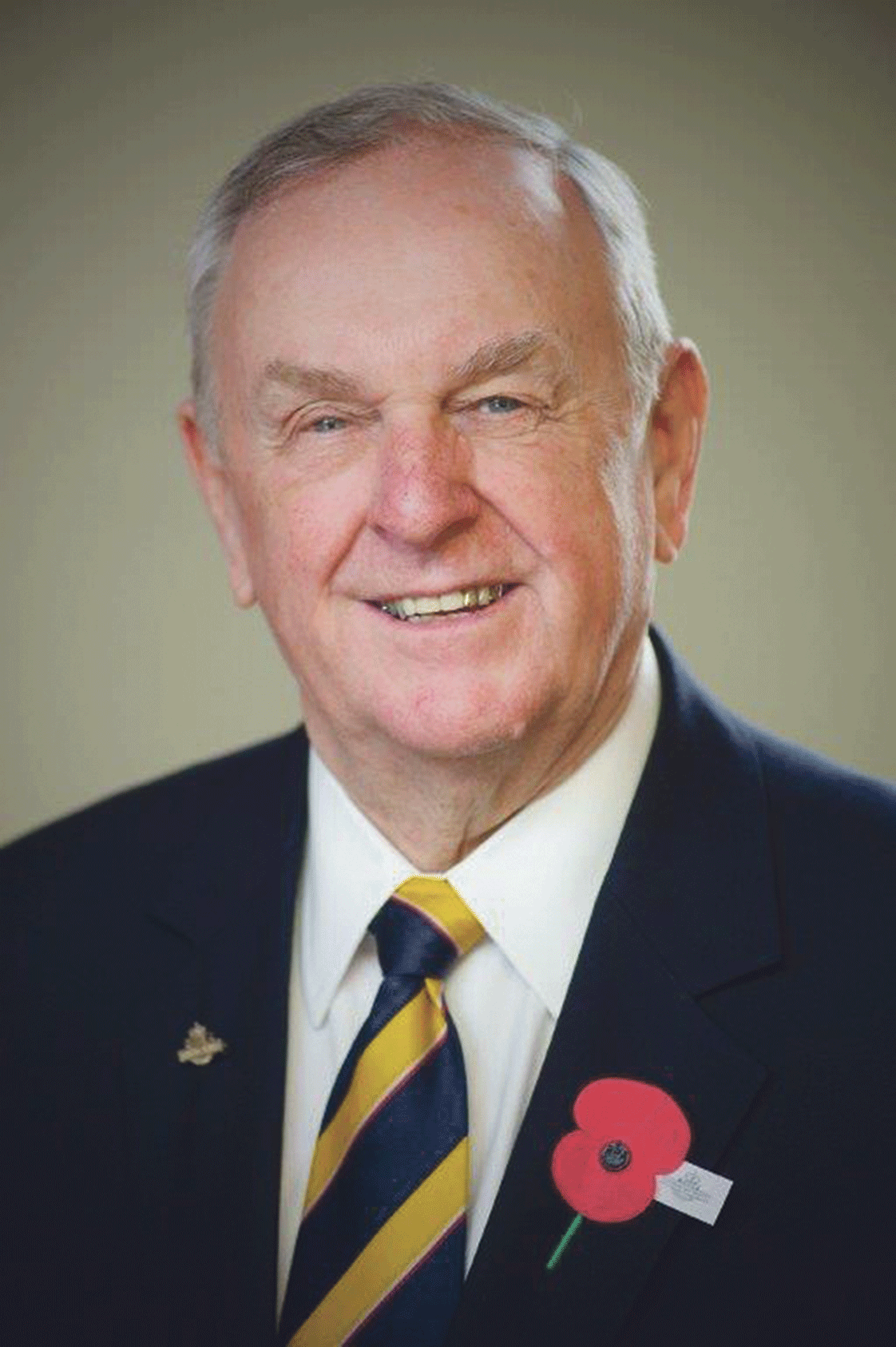 April 2015
April 2015
Anzac Centenary
Don McIver
Just over one hundred years ago, young New Zealanders left for the other side of the world expecting to be ‘home for Christmas’. But the reality of the war they went to, and of other conflicts in which our small nation has since been involved, cannot be set aside so lightly. Tragically, of more than 100,000 New Zealanders (10 per cent of the country’s then population) who left to fight for our country, 18,000 of them died.
At Gallipoli the Anzacs found the ground they were to fight across was steep, rugged and craggy. It was a testimony to the courage and fortitude of those soldiers who clawed their way to the summit at Chunuk Bair, and then briefly held on to their tenuous positions in the most miserable conditions.
On the Western Front, conditions were even more extreme. The blackest day in our nation’s living memory was at Passchendaele in Flanders where on 12 October 1917, 846 New Zealand soldiers perished in four hours; caught on the barbed wire defences, they were mown down by machine guns and artillery in that terrible quagmire of no man’s land. And we served too and lost young Kiwis in the heat and sands of deserts of Palestine.
For me, this Anzac Centenary is about the rich human potential, which the country lost when we lost so many young patriots. We have great pride in what they achieved and deep sorrow at the cost of that achievement.
It is about remembering their families too who mourn the loss of their loved ones; and those communities large and small that have felt the impact of their death in battle.
It is about some who came home deeply bruised by their experiences. They were changed men and women, diffident and taciturn, some with an anger they were never rid of; they tried to put the inhumanity of war and conflict behind them – sometimes it was never achieved.
For today’s servicemen and women, it is about remembering those we have served alongside and the deep comradeship born of adversity; and it’s about having the depth of character which will allow us to show compassion for our adversaries too.
And importantly, it is about never forgetting the impact of these terrible events across the generations, and on the nation as a whole.
At Gallipoli the process of establishing our own sense of identity, separate from our colonial past, moved forward a pace – since then it has gathered impetus so that New Zealanders now consider our country to be truly independent. We expect that decisions to commit our armed forces will be based on our own vital national interests and taken with a deep sense of the morality of what we are doing.
As we commemorate the centenary of Anzac, regrettably, we prepare to send forces to assist in another area where the population is suffering from gross and offensive violations of the accepted mores of civilised society. I know our forces will live up to our expectations and will enhance our national reputation. But more importantly, whatever might be our individual view of the decision to send them, I hope they will be strengthened in their difficult and hazardous task by the support and prayers of all New Zealanders.
From 2010 to 2014 Don McIver was president of the Royal New Zealand Returned and Services Association Inc. His 39 years’ service in the NZ Army culminated in his posting as Chief of General Staff 1988–1989 and Commander of the Multinational Force in the Sinai, 1989–1991. Don is a member of Te Awakairangi Parish.